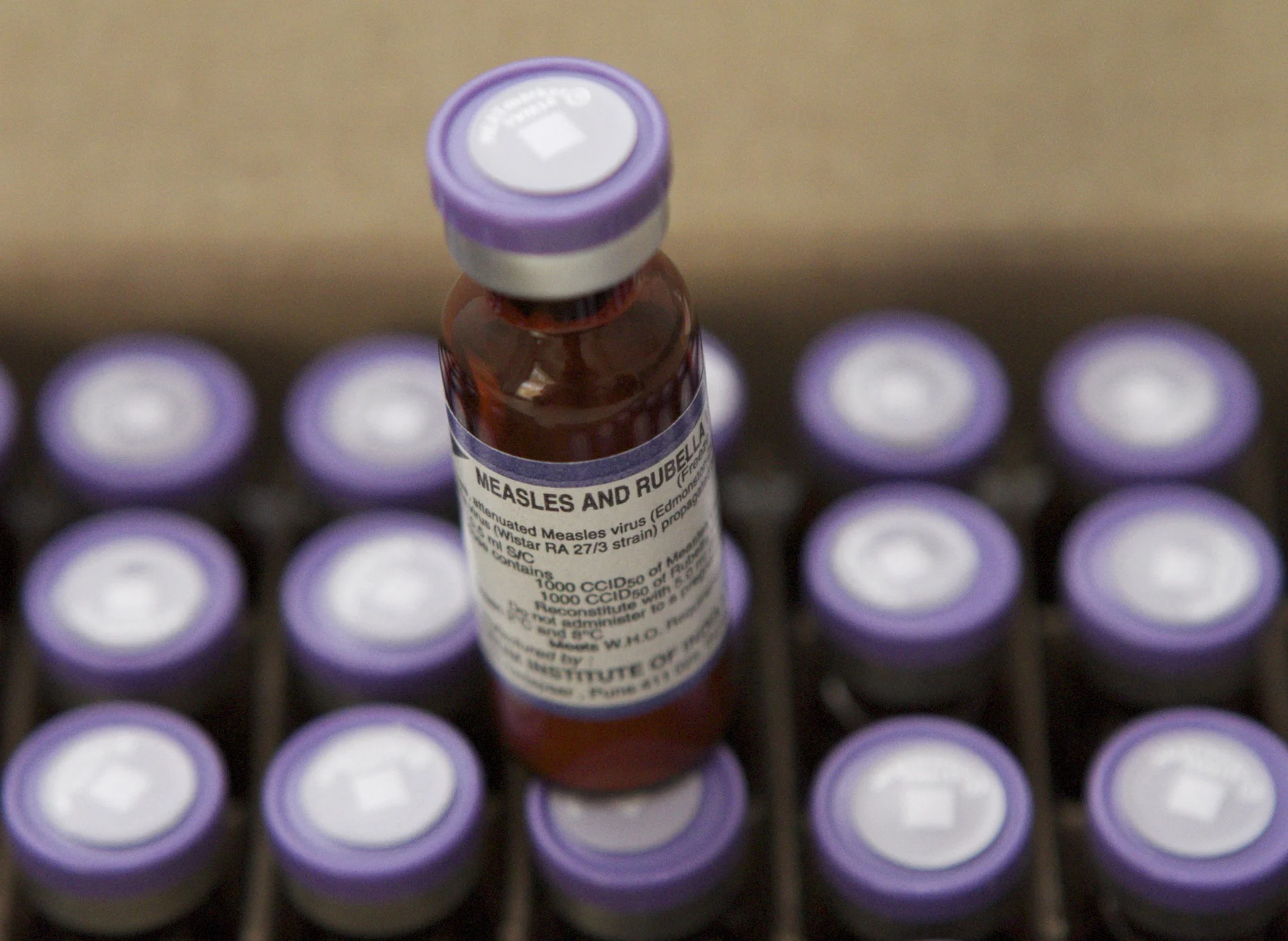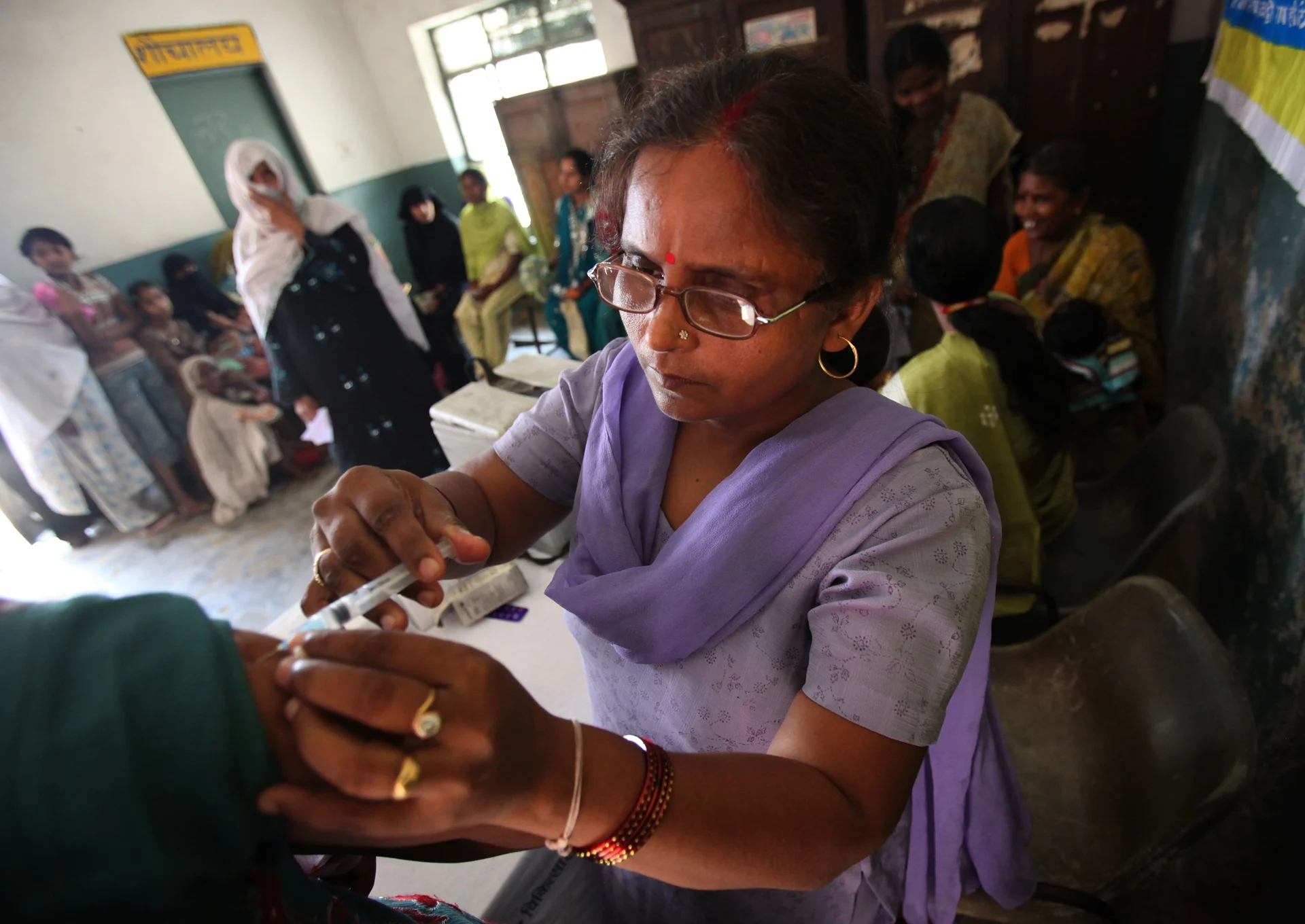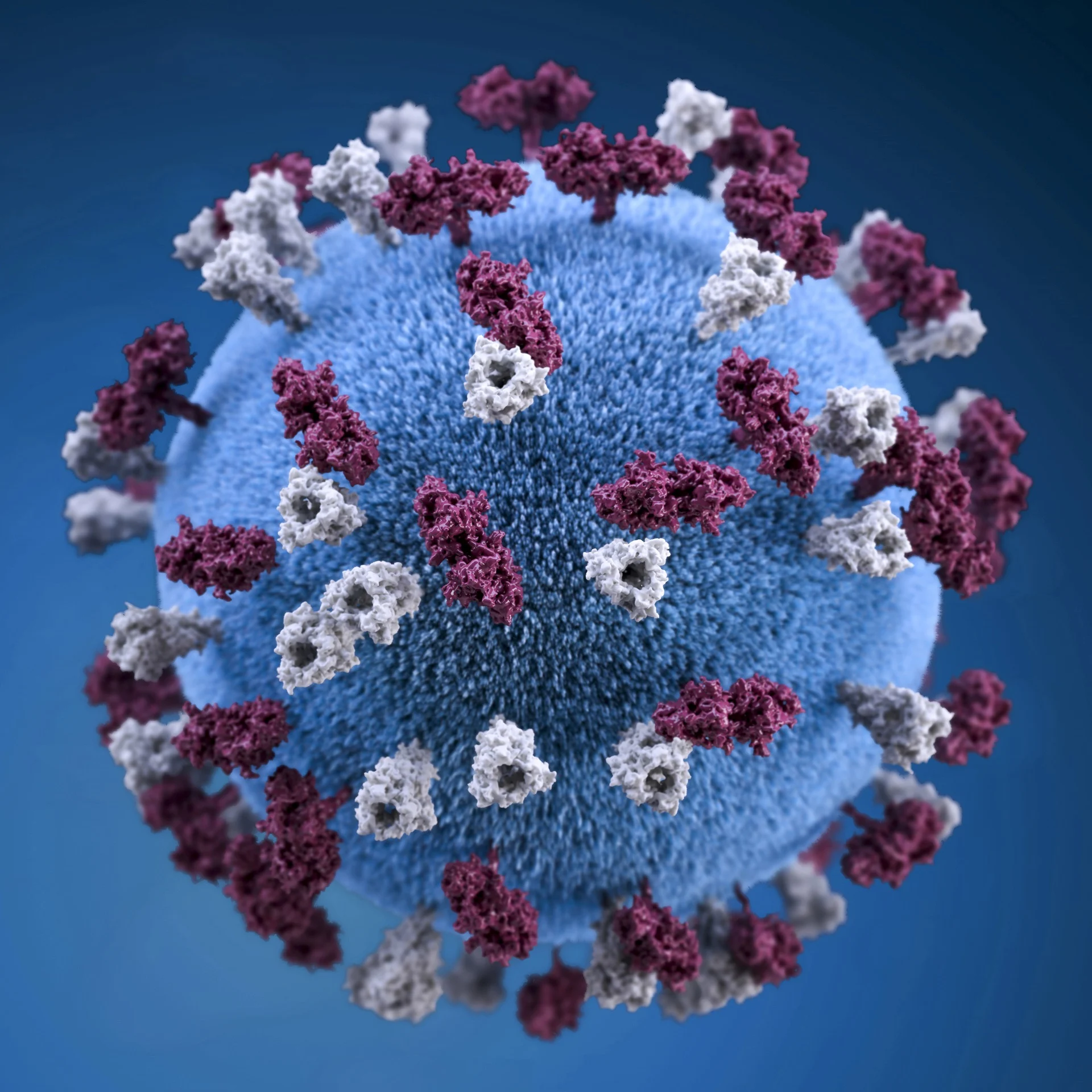Measles Affected 2616 Children In KP
News Desk
Peshawar: The anti-Measles campaign has commenced from June 19 to 24, 2023, in 14 districts of the province with the primary objective of vaccinating approximately 900,000 children aged between six months and five years against the measles virus, said Expanded Programme on Immunisation (EPI) in Khyber-Pakhtunkhwa Director Dr Muhammad Arif.
Meanwhile, the Khyber-Pakhtunkhwa Health Department informed the public on Tuesday that the measles outbreak in the province claimed 22 lives and affected 2616 children during the first five months of the current year.
According to the Health Department report, DI Khan is the most affected district where 13 children died. Similarly, a total of 171 children are infected by measles in Nowshera, Lakki Marwat, and Karak, and 136 in Peshawar and Swabi.
| Locality | No. of Cases |
| Dera Ismail Khan | 462 |
| Charsadda | 317 |
| Peshawar | 226 |
| Bajaur | 166 |
| Mardan | 161 |
Source: Khyber Pakhtunkhwa Health Department
The health department stated that the scale of the measles outbreak this year was greater than the cases reported throughout the last year, adding that the main reason was the non-vaccination of the children by parents.
Dr Arif urged all parents to collaborate with the EPI teams and ensure that their children receive the measles vaccination. This crucial step is essential to safeguarding their little ones from dangerous and potentially life-threatening diseases.
Contagious Disease
Measles is one of the most contagious diseases humans have ever faced. An ancient disease, it was described as early as the 9th century by Persian physician and scholar Abū Bakr Muhammad Zakariyyā Rāzī (also known by the Europeanized name Rhazes).
Regions of the world without previous exposure to the measles virus were particularly vulnerable: outbreaks of the virus took devastating effect in isolated communities such as the Faroe Islands in 1846, Hawai`i in 1848, Fiji in 1875 and Rotuma in 1911.  Globally, mortality rates remained high, with approximately 30 million cases and over 2 million deaths occurring each year.
Globally, mortality rates remained high, with approximately 30 million cases and over 2 million deaths occurring each year.
Individual countries introduced mass vaccination programmes against measles at the national level from the 1960s on, and the first internationally focused measles immunization programmes took place in Africa in 1966.
WHO worked with the governments of over 20 newly independent and decolonizing countries in western and central Africa, alongside the United States Agency for International Development (USAID) and Centres for Disease Control (CDC), to administer vaccinations with the joint aim of controlling measles and eradicating smallpox.  By May 1967, the Gambia became the first country in the world in which transmission of the virus was interrupted.
By May 1967, the Gambia became the first country in the world in which transmission of the virus was interrupted.
In 1974, measles was among the first diseases targeted by the World Health Organization (WHO) when it established the Expanded Programme on Immunization (EPI, now the Essential Programme on Immunization) to develop and expand immunization programmes throughout the world.
Widespread childhood vaccination against measles has drastically reduced disease rates worldwide. WHO now recommends vaccination at 9 months for babies in areas where measles is common, and at 12-15 months for those in other areas.
A second dose is recommended for all children, essential to protect the approximately 15 per cent of children who don’t develop protective immunity after their first dose.  The Pan American Health Organization (PAHO, the WHO Regional Office for the Americas), has trained countries in rapid response to avoid measles and rubella virus spreading, improved surveillance, and launched renewed high-quality follow-up vaccination campaigns.
The Pan American Health Organization (PAHO, the WHO Regional Office for the Americas), has trained countries in rapid response to avoid measles and rubella virus spreading, improved surveillance, and launched renewed high-quality follow-up vaccination campaigns.
Between 2000 and 2020, measles vaccination prevented an estimated 31.7 million deaths worldwide.
But even though a safe and cost-effective vaccine is available, global measles deaths continued to climb prior to the COVID-19 pandemic. In 2019 there were over 207 000 measles deaths globally, and the highest number of reported cases in 23 years.

Comments are closed.